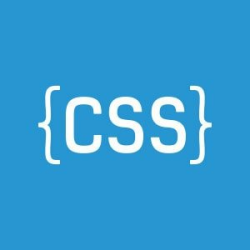Part #2: How to use Laravel's Validator::extend method for custom validation
Validation is important in any application as it validates a form before performing actions on it. It allows the user to know their input is accurate and confident about the operation they are about to do.
There are many ways to validate form requests in Laravel. One of them is closure-based validation which I have already explained it. You can read about it from the below article link:
In this article, I will show how easily Laravel handles custom validation using the Validator::extend method. It allows us to register custom validation rules globally. It allows two different ways to extend custom validation using a validator.
The first is passing a closure to the extend method on the class. It is a good option when your project is small and you want to keep the logic together.
The second most preferred way is to pass in the name of the class instead of the closure function. It means you have to extend the validator in one place and keep the logic for validation in a separate class.
Let’s look at setting up both of these methods!
Extending the Validator using closure
As I mentioned above, here we pass a closure to the extend method on the validator class:
Validator::extend('match_current_password', function($attribute, $value, $parameters, $validator) {
if (!auth()->check()) {
return false;
}
return Hash::check($value, auth()->user()->password);
});The first argument of the extend method is the name of the validation rule and the second is the closure.
The closure accepts three arguments:
$attribute: The name of the attribute that you are validating.
$value: The value of the attribute
$parameters: An array of parameters that can be passed to the rule.
Extending the Validator using class
Extending the validator using closure is nice and easy, but resolving from a class is much prefered. What are the benefits of resolving from a class? Well, I think there are two reasons for this:
Easier to manage multiple extensions
Always extend in a consistent way
So the first thing to do is to create your class for validation logic:
<?php
namespace App\Validator;
use Illuminate\Support\Facades\Hash;
class MatchCurrentPassword
{
public function validate($attribute, $value, $parameters, $validator)
{
if (! auth()->check()) {
return false;
}
return Hash::check($value, auth()->user()->password);
}
}Now pass, this class in the validator extend method:
Validator::extend('match_current_password', MatchCurrentPassword::class);










Please login or create new account to add your comment.